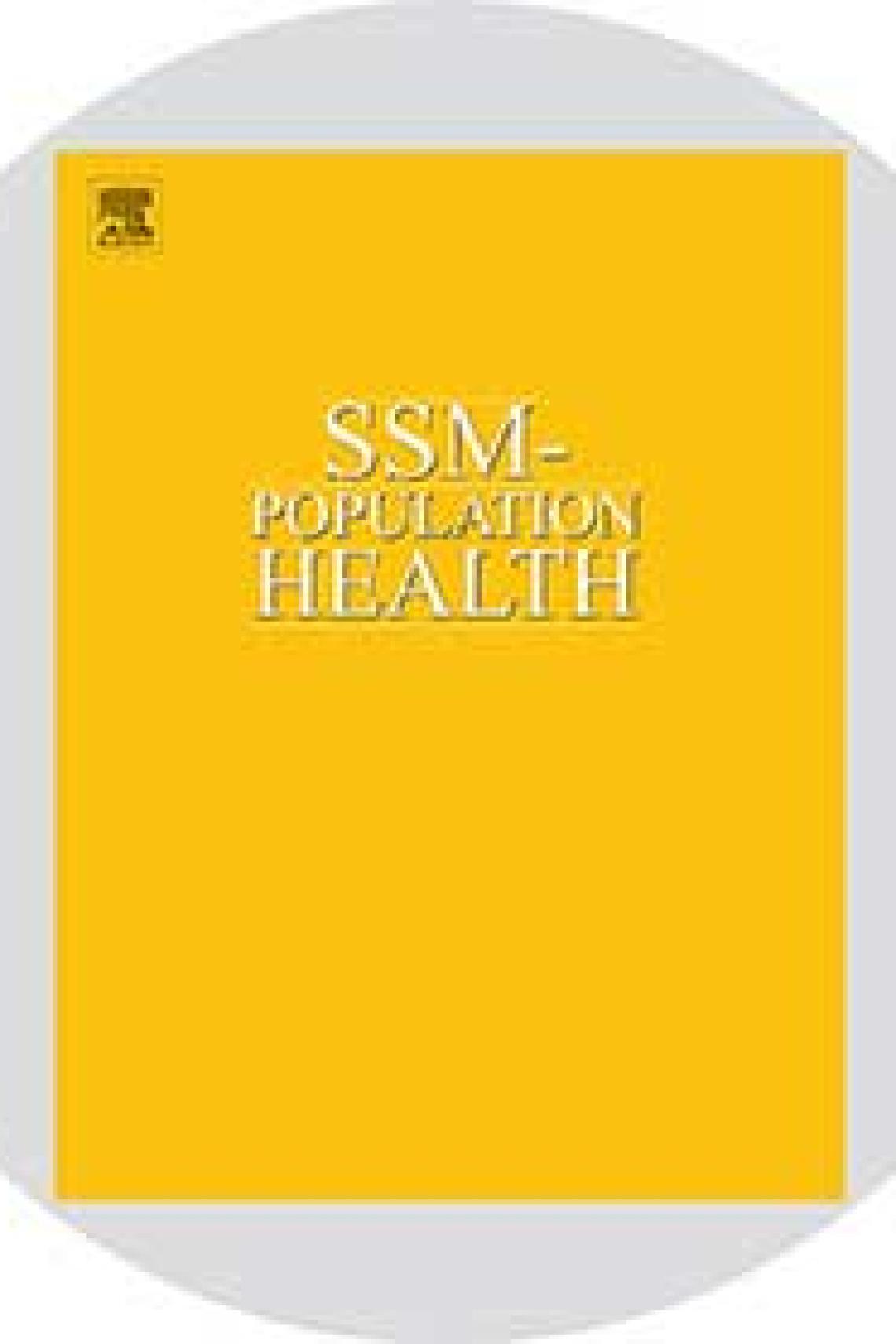New article from Young Lives quantifies increase in domestic violence during lockdown in Peru
A new article from Young Lives quantifies the increase in physical domestic violence (family or intimate partner violence) experienced by young people aged 18–26 during the 2020 COVID-19 lockdowns in Peru.
To do this the authors use an indirect methodology – the double list randomisation experiment – which was embedded in a telephone survey to participants of their long-standing cohort survey.
The essence of the list experiment is to embed a sensitive statement amongst a list of other non-sensitive statements, and ask respondents only about how many statements they agree with. This offers a level of anonymity to responses to sensitive questions, potentially allowing individuals to provide more truthful answers than they might if asked directly about a sensitive topic.
The authors found that 8.3% of the sample experienced an increase in physical violence within their households during the lockdown period. Those who had already reported experiencing domestic violence in the last round of (in-person) data collection in 2016 werre more likely to have experienced increased physical violence during the COVID-19 lockdown, with 23.6% reporting an increase during this time.
The reported increase in violence does not differ significantly by gender. The article also concludes that list experiments, if carefully conducted, may be a relatively cheap and feasible way to elicit information about sensitive issues during a phone survey.
Read a blog post discussing the results.
Catherine Porter, Marta Favara, Alan Sánchez and Douglas Scott (2021) 'The impact of COVID-19 lockdowns on physical domestic violence: Evidence from a list randomization experiment', SSM - Population Health, DOI: 10.1016/j.ssmph.2021.100792

